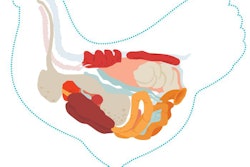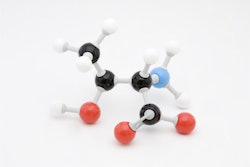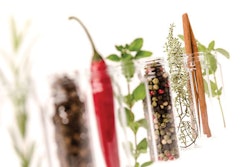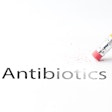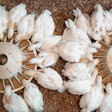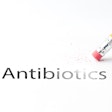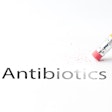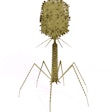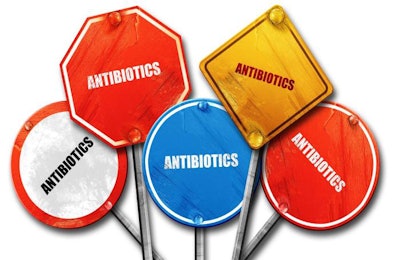
The European Union (EU) has taken a further step in tackling antimicrobial resistance by tightening the rules on the production, sale and use of medicated feeds for farm animals, aquaculture and pets.
Members of the European Parliament (MEPs) responsible for agriculture have voted almost unanimously — by 40 votes in favor and one abstention — to approve the measures agreed by Parliament and Council negotiators one month previously.
Three basic principles support the proposed new legislation: First of these is that prevention of animal diseases is better than cure. Second is a ban on the prophylactic or routine metaphylactic use of antibiotics. “Metaphylactic use” is defined as the treatment of all animals in a group if one is infected. The third principle is that medicated feeds must be prescribed by a veterinarian who has physically examined the affected animals, and obtained an accurate diagnosis.
Commenting on their decision, the MEPs confirmed their opposition to the use of antibiotics for performance enhancement, or to overcome poor husbandry. The new legislation will also cover all antibiotics given orally, so it includes applications through the drinking water or by top-dressing, as well as in feeds prepared by commercial feed mills or other professionals.
“Responding to society’s concerns, we have managed today to replace disjointed rules dating back to 1990 with modern and uniform ones that will greatly increase the safety of medicated feed in the EU and will step up our fight against antimicrobial resistance,” said Clara Eugenia Aguilera García, Parliament’s rapporteur and lead negotiator.
“Medicated feed is just one way of administering a veterinary medicinal product, but as this mix is more homogeneous and more precise in targeting animal diseases, it is a better way to address the growing problem of antimicrobial resistance,” she said. “It is also safer for farmers than, for instance, top dressing, which is not covered by existing rules. This will now change as we have obliged the Commission to come up with EU-wide rules to do away with this loophole.”
The regulation on medicated feeds will be incorporated with new rules on the use of veterinary medicines, which were endorsed in June. Together, these need only to be formally adopted by the European Parliament and by the Council of EU ministers. Once approved by these two bodies, the regulation will be published in the EU’s Official Journal. It will come into force 20 days later, and applicable three years later.
The possibility of cross-contamination between batches of feed will be addressed one year after the new regulation comes into force. Based on science-based advice from the European Food Safety Agency (EFSA), maximum levels will be set for the carryover of various active substances from feed for the target animal to the following batch for non-target species.
Feed industry reaction
While not commenting directly on the latest developments, the proposed legislation appears to meet the aspirations of the EU feed industry body, the European Feed Manufacturers’ Federation (FEFAC).
In a position paper on the topic, FEFAC stated its support for the reduction in antibiotic use in livestock and pets on the principle “as much as necessary, and as little as possible.”
FEFAC also called for antibiotics to be administered only when prescribed, as well as for harmonized rules for all routes of oral administration, whether in feed or water, and incorporated by a feed mill, or on farm.
Antimicrobial resistance: a global concern
In November 2017, the World Health Organization (WHO) issued new recommendations to farmers and the food industry to stop using antibiotics routinely to promote growth and prevent disease in healthy animals. With this guidance, WHO aimed to preserve the efficacy of antibiotics important in human medicine.
In the U.S., the Veterinary Feed Directive (VFD) came into effect in January 2017. It required licensed veterinarians to purchase and use all medically important antibiotics intended for use in animal feeds.
Antimicrobial usage and policies around the world are on the agenda for the upcoming meeting of the International Poultry Council.
Among the alternatives to antibiotics available to the livestock and feed sectors that have been in the news in the last few weeks are phytogenic feed additives and bacteriophages.


